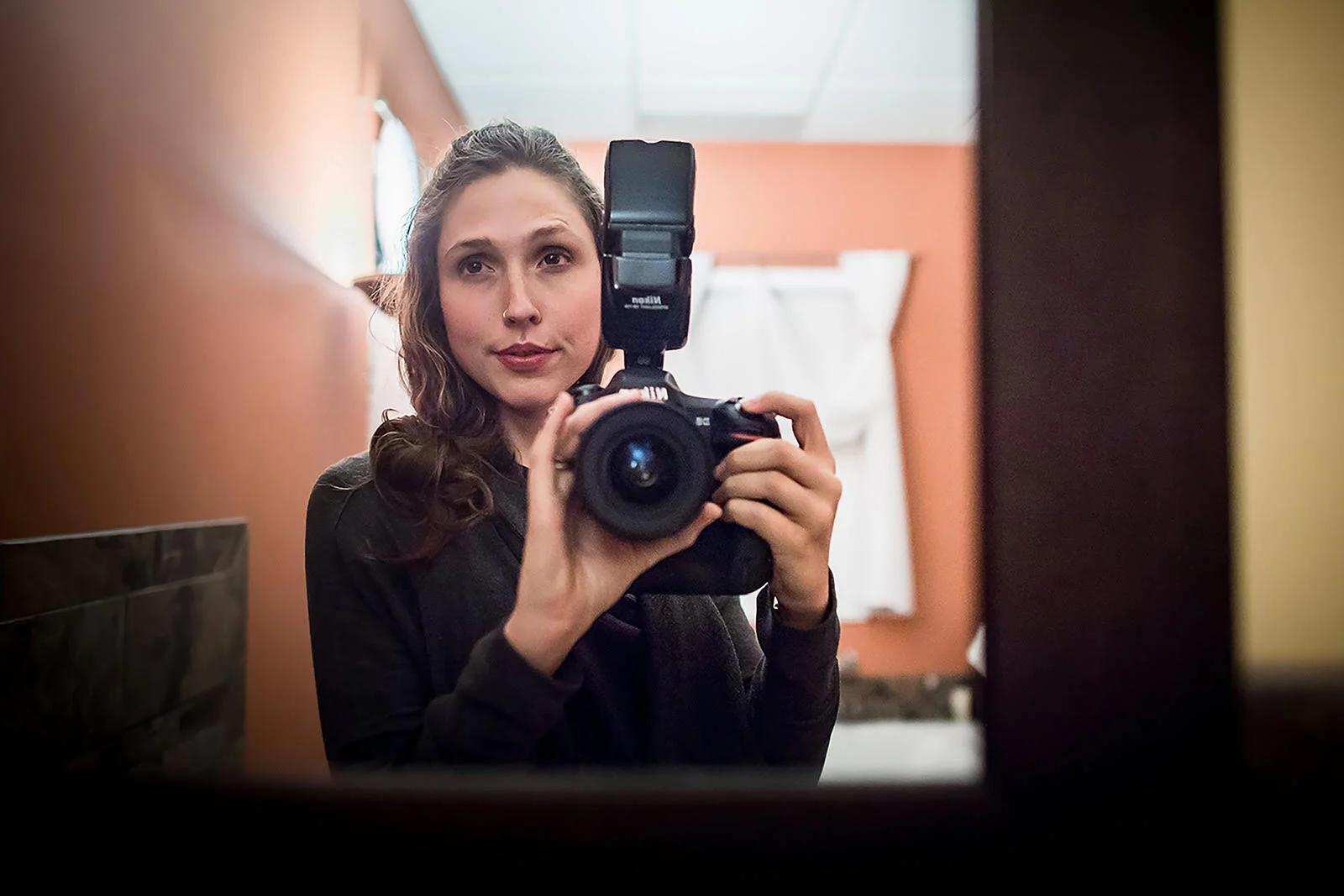Muscle Memory + Grace for Reentry: Life After COVID-19
by Krystina Wales
When I got pregnant with my first daughter, I stopped running. I was super tired, and by the time I wasn’t, I was starting to get bigger—and it felt weird. It was hard to be almost a daily runner and then stop suddenly, almost without warning. I didn’t expect to have to stop, and while I might have been able to push through and do it, the risk to me just wasn’t worth it.
Is this analogy sounding familiar?
Six weeks after I gave birth, I was practically scratching the walls to get outside. I had taken my daughter for daily walks, but I was looking forward to lacing up my Sauconys, hitting the pavement hard, and sweating from the exertion of pushing myself. When my doctor gave the go-ahead to resume exercise, I sped home and laced up.
I made it half a mile before I had to stop and walk.
It had been close to a year since I exerted that much energy in a single go. My lungs, legs and energy levels weren’t where they needed to be to jump back into an activity that hadn’t seemed strenuous at the time, but after a year break, childbirth, sleep deprivation—and, well, let’s admit it, a different body—I wasn’t ready.
TL;DR: It’s OK if you aren’t ready for life after COVID-19. I’m not either.
———
We are ready in the sense that our brains are screaming to lace up our shoes and actually put on pants, leave our houses, see other humans, and travel near and far. But we have to be cognizant of the mental reentry process that will need to take place for us to be “on” more often, for us to build up the emotional stamina for consistent interaction.
I don’t endorse binge-drinking, but the concept of alcohol tolerance is akin to what we’re talking about here. We lost the tolerance we had built up to engage in these interactions and high expectations—both professional and personal. On top of that, we’re mentally and emotionally exhausted, and we’re different. We’re sort of like me, trying to run after having a baby.
Being required to stay at home was an immediate and sudden change that took getting used to. Amid worry and stress about keeping ourselves and our families safe, we learned how to work from home; we set up spaces, rearranged schedules, and sometimes navigated job loss, financial strain, loss in numerous forms. We adapted—but it took time.
It was a change we didn’t choose, but one we had to make—and we have a choice on how we move forward. I could have given up on running. I could have been frustrated with myself, called myself weak or incapable.
Instead, I acknowledged that just as it had taken me a year to lose that stamina, it would take some time to gain it back.
And what was just as important as acknowledging that the process existed was also recognizing that how I got there had to look different.
Because I was different.
———
Returning to “normal” in this crisis is not the direction we should be aiming for, and “getting back” to the way things were would be an exercise in futility and disrespect in all we have learned during this time. It is disingenuous for us to ignore the screaming voices of those who are chronically ill telling those who are well and able-bodied that social isolation was their existence all along. It is disingenuous for us to return to a time when we didn’t recognize our privilege in being able to work from home, or have a job at all. We have witnessed the way access to healthcare and vaccines played out on a global scale to the detriment of some populations.
All of these things cannot be ignored.
As we look forward to “life after COVID,'“ and the gloriousness of breathing in air without the filter of fabric on our faces, the warm embrace of friends and loved ones, the adventure that comes with resumed travel, or just walking into a favorite coffee shop, we must not forget what we’ve learned. All that’s happened won’t just disappear into the ether—nor will the virus.
Experts are planning for another pandemic. We won’t know when or in what form, but we understand its inevitability. The indiscretions and erasure of marginalized people will resurface again, too. The problem, or the gift depending on how you look at, is that we know when that will happen: when people start choosing not to listen and allies stop telling the story with them.
This year was heavy, but enlightening. Our capacity and ability to adapt to change was tested. We all learned new things about ourselves and others; things it would be illogical for us to forget.
Life after COVID is not a “return to normal,” so let’s cut that out of the vernacular. Using that phrase implies this was a forgettable chunk of our lives; that we hit pause on everything to “deal with” this crisis, and that and the vaccine is our “play” button. It assumes everything we have learned about ourselves and others is irrelevant.
Life after COVID will not be the same. It shouldn’t be. We are different, and so is everyone else. As we re-enter spaces like offices, favorite hang-outs, friends’ couches, remember: we need to pace ourselves, and tackle those miles—one step at a time.
Krystina spends her days in donor engagement and communication for a healthcare organization in Baltimore, which she considers the best job in fundraising, and she is also deeply committed to volunteering in Baltimore City. But her favorite roles are wife and mom. When she is not adventuring with her two daughters, she is in perpetual search of a really good cup (read: pot) of coffee or mastering her life goal of crafting the perfect charcuterie board.






